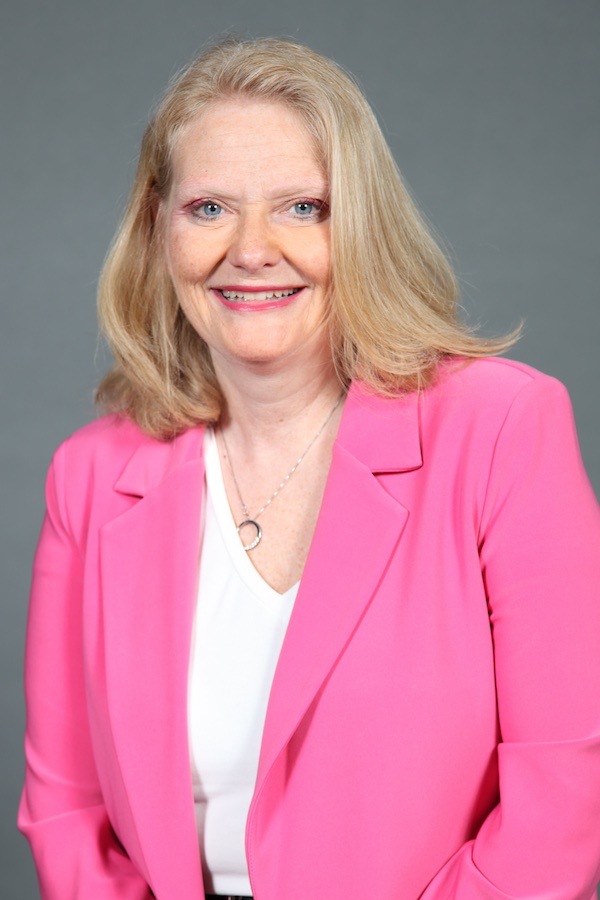Event professionals are faced with uncertainty from seemingly every direction in the current business landscape.
To help you manage business uncertainty—in 2025 and beyond—we’re asking your event peers to share best practices and advice based on their experience. (If you’d like to share your own insight, contact me.) This is Part 1 of a series on uncertainty in the global meeting and event industry.
How does your approach to business change, if at all, when the event landscape is impacted by great uncertainty? Is there anything you do differently?

Molly Marsh, CMP
Director of Education and Events, AMR Management Services
MPI Kentucky Bluegrass Chapter
“We are taking different approaches both strategically and tactically in the current event landscape. Strategically, the conversations are even more important when there is so much uncertainty. We are having different internal conversations among leaders; it’s been a long time since we spent so much time in leadership meetings interpreting headlines and working to pull out the details to discern how they do (or may) apply to our association clients! It’s scenario planning on steroids—less working to determine what scenario is most likely and more trying to anticipate all of the different scenarios that are possible. From there, we must work to identify a path toward the goals of the association or event that can work regardless of what additional changes may come along. This requires a laser focus on mission and the impact we want our association events to have, because the details will continue to shift as the environment does...but the purpose of building community by bringing people together does not.
“Tactically, we need to simplify. If we know that speakers won’t be confirmed, or there may be a lot of changes to the speaker roster due to continuing shifts around funding and policy, then we can’t have three printed items that all have speaker names in them. If we know that people haven’t decided to come to the event until the week before, then we probably shouldn’t blow the budget ordering a lot of swag for uncertain numbers and focus on signage and directions to help people navigate more effectively. We need to ask different and better questions about our participants and their experience:
- How is their industry impacted by the uncertainty?
- What does that mean they are experiencing at home before the travel/participate?
- What historical or traditional messages about our event resonate with this experience, and which ones don’t?
“Then, adjust the planning to that we focus on doing the most essential elements really well, rather than keeping all the elements and having them be haphazard.”

Anita Carlyle, CMM, CMP, DES, HMCC
Managing Partner, MCC Destination Management
MPI Toronto Chapter
“In the current landscape, our company is trying to be patient, understanding and flexible. As a few groups had to cancel due to geo-politics, I ensured that we had honest conversations about the circumstances involved and how we can mitigate damages. We see the pain in the faces of our clients that have to cancel for policies beyond their control and nervously ask about cancellation fees. Our company was built on repeat and referral business, so we are not here to capitalize on the current situation, we are here for our clients in the long run and we are working with them to minimize losses.”
Can you share any recommendations (personal or professional) that may help other event pros struggling economically or mentally during times of business uncertainty?
Carlyle: “Our industry is resilient and has constantly been challenged. Look for silver linings and new opportunities. For every group that has cancelled with us, we have been able to replace them with groups from other countries or demographics. Keep moving forward. I personally find that taking ‘mini’ vacations have helped me refresh from very busy and long days. Shut off at least one full day a week from work. Attend in-person team meetings and networking events to know you are not alone.”
Marsh: “The truth is the future is never certain. While some seasons feel different or overwhelmed with uncertainty—like the one we’re in now where geopolitical shifts are changing some long-standing business assumptions—they are really just a reminder that our environment is always changing and so we should always be asking questions about how to adapt so that the work that really matters can still be done. At the end of the day, we’re problem solvers and there’s no skill set more important in times of uncertainty than being able to break down an issue, look at it in different ways, and present a viable solution. The questions we need to ask are different, but as long as we stay curious about the needs and opportunities—in this or any circumstance—we’ll be okay!”

